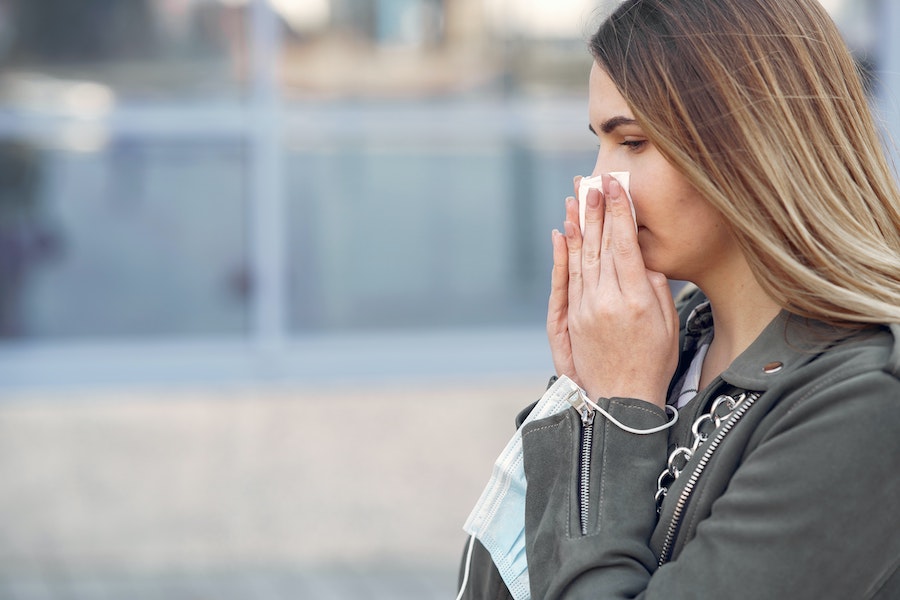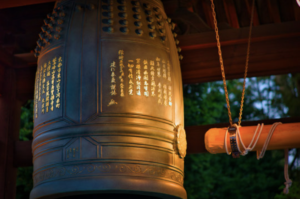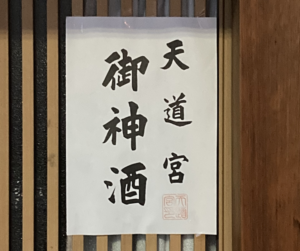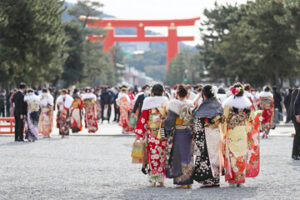Japanese people slurp up noodles, but they do not like to have their noses bitten loudly nearby. It is not considered good manners to have people nearby in establishments, restaurants, public transportation, or even on the street biting their noses loudly. In some cases, they may look back at you for blowing your nose too loudly. They may look at you in a displeased way.
A runny nose is inevitable when you catch a cold or when the temperature is low. Here are some tips to keep in mind in Japan to avoid making each other feel bad.
Do not blow your nose loudly in public
Do not blow your nose loudly in public. This is most important.
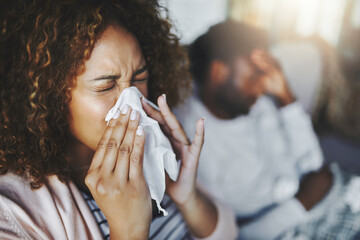
Blowing your nose is not considered uncomfortable in itself. Blowing your nose loudly near people is not considered a good thing in Japan. When blowing your nose, it is a good idea to move away from the person a little or tell the person you are with before you do so.
In Japan, there are many people who think that it is good manners to remove one’s seat when blowing one’s nose during a meal. I do not agree with this idea, but please know that there are some Japanese who do so.
Not using a handkerchief to blow your nose
In Japan today, it is discouraged to blow one’s nose with a handkerchief and then put it back in one’s pocket.
Similarly, it is also frowned upon to use a tissue that has been used once and then used again.
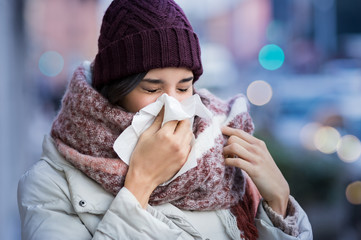
In Japan, tissues are inexpensive. Nose-blown tissues are considered “dirty“. Therefore, disposables are common. If you only want to wipe your runny nose, you can use a handkerchief.
Is it OK to sniff, but not to blow the nose?
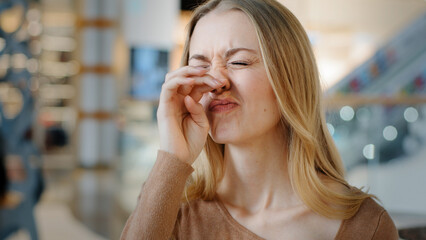
It depends on the situation, but there are many Japanese who sniffle. In the past, blowing one’s nose in public was considered worse than sniffing. Recently, more and more people do not think it is bad manners to blow nose in public.
It is more of a cultural difference than manners. It does not mean that you should not blow your nose in front of Japanese people. I just want you to know that there are many Japanese who feel very uncomfortable.
Japanese superstitions about the common cold
Changing the topic a little, I would like to introduce some Japanese superstitions related to the common cold. Some of them have no medical basis at all.
A cold can be cured by passing it on to someone else

Can a cold be cured by passing it on to someone else?
The incubation period is 3 to 7 days. When the person who caught a cold first is cured, the symptoms of another person will appear. Therefore, people in the past felt as if they were cured because the virus had moved from one person to another. Of course, there is no medical evidence.
Fools don’t catch colds
Do Fools Not Catch Colds? Or are they just unaware of it?

The expression has been used to mean “so insensitive that even if you catch a cold, you are unaware of its symptoms.” Of course, there is no medical basis for this.
According to recent studies, it is quite possible that ” fools” are more optimistic, and since “optimistic people are less likely to feel stress,” their immune systems are less likely to be depressed and they are less susceptible to colds and other infectious diseases.
Summer colds are caught by fools
Do Fools Catch Summer Colds? Is it stupid to catch a cold in summer?

(1) This proverb has examples of use in the Edo period. In an era without air conditioning, people slept without covering their bodies with anything in the summer heat, or consumed too much cold food or drinks, which cooled their bodies and caused them to catch a cold….
The idiom is that a person who acts only on his/her desires at the time will catch a cold in summer.
(2) An idiom for foolishness.
It means to be so foolish as to catch a cold in winter without realizing it, only to find out in summer that he/she has caught a cold.
Japanese superstitions related to colds – Food
It is understandable if the foods warm the body, but there are strange lore. Some of them have no scientific basis, but some people still believe and practice them today as “grandma’s wisdom“.
When you catch a cold, put a cabbage leaf on your head
Does wrapping a cabbage leaf around the head release toxins and bring down high fever instantly?
A superstition says that when one has a high fever, wrapping one’s head in a cabbage leaf releases toxins and rapidly reduces the fever. This goes beyond superstition to the level of a magic spell. Of course, there is no medical evidence.
About 10 years ago, this became a hot topic on a Japanese SNS, but the original article was removed due to lack of medical evidence.
Placing ” umeboshi / pickled plums” on the temples relieves headaches
Are pickled plums(umeboshi) effective for headaches?

Benzaldehyde, the aromatic component of pickled plums(umeboshi), has a soothing and pain-relieving effect. Even if you do not bother to put it on your temples, you can get the same effect just by smelling it.
Wrapping a leek around the neck cures a cold
Does wearing leeks around the neck cure a cold?
Allicin, the substance that gives leeks their distinctive smell, has a powerful bactericidal effect. By wrapping leeks around the neck, allicin kills cold viruses that have entered the mucous membranes of the nose and throat…
Allicin has bactericidal and fatigue-relieving effects, but simply wrapping it around the neck is not enough to be effective against colds. It is said to be better to eat it raw or stir-fry it in oil and then eat it in soups and other dishes.
In some countries, garlic is used as a necklace to prevent colds. It is similar, isn’t it?
Drink Tamago-zake / eggnog
Should I drink eggnog(Tamago-zake) when I have a cold?

Tamago-zake(eggnog) is an alcoholic beverage made by adding chicken eggs, sugar and a small amount of salt to liquor and warming it. There is no specific recipe.
In Japan, it is drunk as a folk remedy for colds, but there is no medical basis for it. This is probably because eggs were recognized as a highly effective nutritional food at a time when food conditions were not good.
***
Superstitions are interesting and some are fascinating, but it is best not to catch a cold. So be careful.

👉Feel free to contact us if you have any questions.

